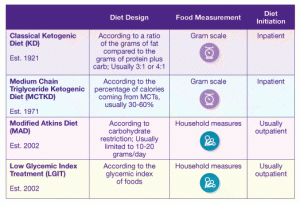September 2018
Shi-ying Zhang, Kai-lin Yang, Liu-ting Zeng, Xiao-he Wu , and Hui-yong Huang
Abstract
Objective. To evaluate the effectiveness and safety of coenzyme Q10 for patients with type 2 diabetes mellitus (T2DM).
Methods. Data from randomized controlled trials were obtained to assess the effects of coenzyme Q10 versus placebo or western medicine on patients with T2DM. The study’s registration number is CRD42018088474. The primary outcomes included glycosylated hemoglobin, fasting blood glucose, and fasting insulin.
Result. Thirteen trials involving 765 patients were included. Compared with the control group, coenzyme Q10 may decrease the HbA1c (WMD −0.29; 95% CI −0.54, −0.03; ) and the fasting blood glucose (WMD −11.21; 95% CI −18.99, −3.43; ).
For fasting insulin, there is also not strong evidence that confirms which one is better because there was no statistical difference (WMD −0.48; 95% CI −2.54, 1.57; ).
Conclusion. Based on current evidence, coenzyme Q10 may assist glycemic control, decrease TG, and improve HDL-C in patients with T2DM.
Conclusion
Coenzyme Q10 may assist glycemic control, decrease TG, and improve HDL-C in patients with T2DM. However, the limitations in RCTs, including small sample sizes and short duration, make the result be interpreted cautiously.
The benefits from long-term treatment of coenzyme Q10 beyond 6 months remain to be defined by future studies. Meanwhile, more randomized, double-blind, large-sample-size trials of coenzyme Q10 for T2DM are needed in the future to validate or revise the result of this work.










